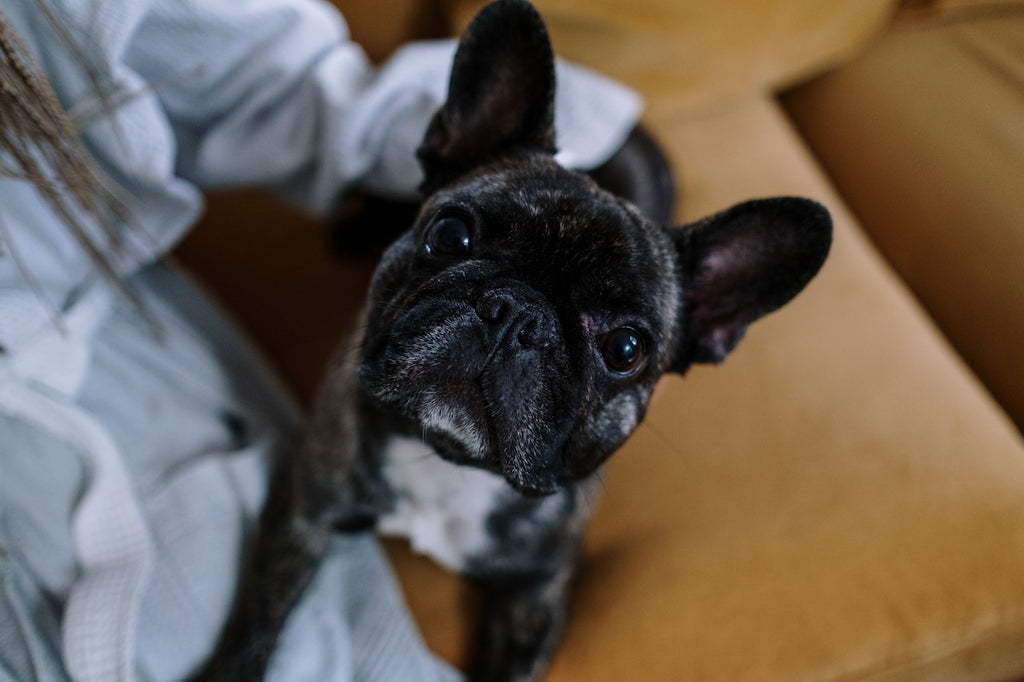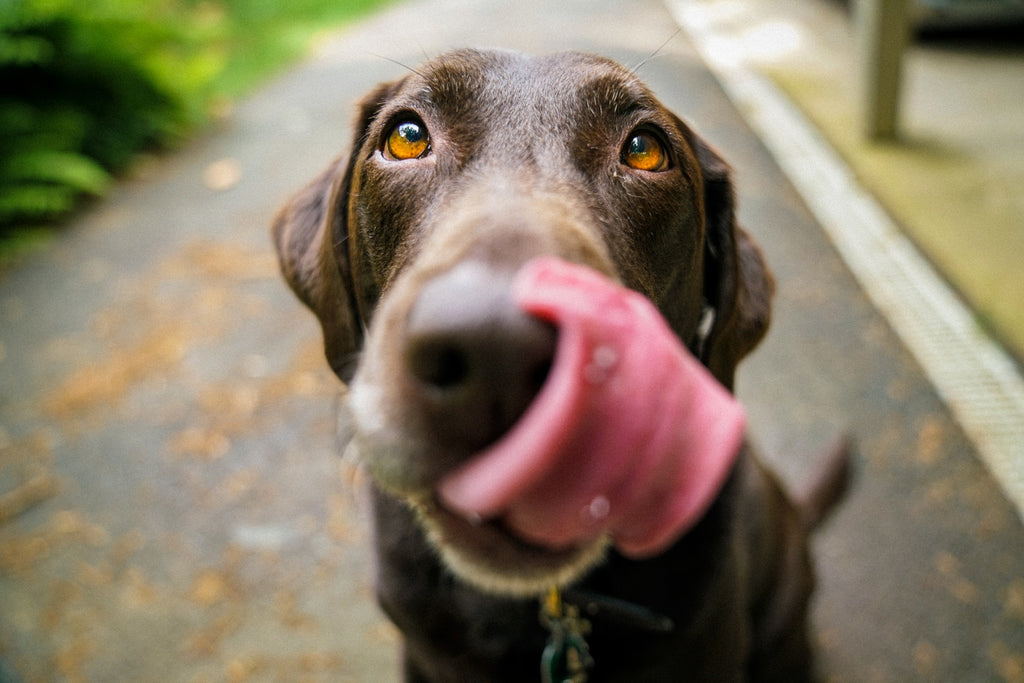Top 7 Dog Breeds With Low Separation Anxiety
Posted by Jeffrey Powers on
There’s no doubt that dogs are fantastic pets; what would we do without them? They’re loyal friends and are always there when we need them.
However, most of us can’t be home all day, every day. Whether you need to run errands or get to the office, there are usually times when you have to leave your dog alone at home — and separation anxiety can be a huge problem.
Some dog breeds do better spending time alone than others; plus, there are ways to help reduce your pet’s separation anxiety that we’ll discuss later.
7 Dog Breeds With Low Separation Anxiety
Our dogs get anxiety just like we do, usually caused by fear of abandonment. Almost every dog will go through periods of anxiety, regardless of their breed, but there are plenty of amazing dog breeds with low separation anxiety.
Chow Chows
Many Chow Chow owners liken their pet more to a cat than dog — this breed is extremely independent (but don’t worry; they still love cuddle time.).
Most Chow Chows don’t mind being alone. While they’ll come to you when they feel like some company, they’ll also go do their own thing when you’re not home.
Basset Hounds
While known as a hunting breed, Basset Hounds have consistently low energy levels. They love napping as much as they love their owners.
Basset Hounds are exceptional animals; they’ll happily nap on the couch while you go for a hike, or they’ll walk by your side for miles if you take them with you.
Bullmastiffs
Affectionate, protective, and lazy, Bullmastiffs are a fantastic family dog. They love people, but they also love sleep and have notoriously low energy levels.
When left alone, they’ll probably sleep until you get back — plus, they don’t require much exercise besides a short walk or two daily.
Shar-Peis
While they can be stubborn, Shar-Peis are highly independent, have low energy, and require less exercise than many other breeds.
Shar-Peis are quiet and extremely loyal. However, they are also very protective and require plenty of socialization as puppies, or they won’t get along with anyone who’s not family.

French Bulldogs
Similar to Basset Hounds, French Bulldogs love to sleep when you’re not home and show lots of affection when you are by their side.
They are also happy to go on adventures but don’t require much attention and will happily stay home when you can’t take them with you.
Lhasa Apsos
Despite their size, Lhasa Apsos are highly independent animals. They’ll watch you leave and entertain themselves until you return.
When you are home, the Lhasa Apso breed makes for a fun pet who loves playing. But beware: They have a tendency to ignore commands when they don’t feel like behaving.
Bull Terriers
While some may call them aggressive or dangerous, Bull Terriers are a loyal, protective breed that is 100% fine with staying home alone — they see it as their job to guard the house.
They do, however, need plenty of space to roam when home alone. Other than that, they make an excellent stay-at-home pet.
Does Your Dog Have Separation Anxiety?
While the dog breeds with low separation anxiety we discussed typically do well when left alone for short periods, remember that they are still social animals.
Sure, they can tolerate being alone, but our furry friends prefer to spend their time by our sides. So, limiting your absences is the best way to keep your pet happy and healthy.
You can leave most dogs alone for a few hours, but the length of time that’s appropriate varies based on their breed and age. For example, adult dogs who are used to spending time alone can go up to 6-8 hours, but puppies need much more attention; you don’t want to leave them alone for more than an hour or two.
Either way, if you leave any dog alone for too long or give them other reasons to be concerned about your absence, even dog breeds with low separation anxiety can develop problems.
Related: How to Calm a Hyper Dog
3 Ways To Help Your Dog With Separation Anxiety
If your pet starts showing signs of separation anxiety (pacing, appetite loss, excessive barking, destructive behavior, etc.), it’s not the end of the world.
Using the right strategies can allow your pet to enjoy their time spent alone, whether it’s getting them more exercise, teaching them to relax, or using natural treatments like CBD.
Create (And Stick To) An Exercise Routine
Every dog breed needs exercise — some more than others — to be happy. Plus, a regular exercise routine can help reduce their separation anxiety. It drains their physical and mental energy, making it easier for them to relax while they wait for your return.
If you can’t develop a regular routine for any reason, there are other options:
- Try stimulating them with puzzle toys, hidden treats, etc.
- Use trick training to create games that leave them ready to relax
- Give them some interactive toys to play with when you’re not home
Work on Behavior Modification
Another great way to help dogs with separation anxiety is through behavior modification — it can help change how your pet feels about being alone.
However, this route can be expensive, as it’s best done with formal training.
Typical behavioral modification training involves desensitizing your pet to pre-departure clues, changing how you leave and enter the house, etc.

Try CBD for Pets
Various studies show CBD’s effectiveness for treating anxiety in people and lab animals, but did you know that it can have the same effect on our pets?
A ground-breaking study found that 100% of dogs experienced less separation anxiety with one dose of THC-free CBD.
CBD works in animals’ systems the same way it does in ours: By interacting with our endocannabinoid systems to help our body maintain a balance, which affects our (and our pets’) physical and mental health.
With new research happening all of the time, treating separation anxiety in dogs with CBD is in an exciting place.
Interested in seeing how CBD can reduce your dog’s separation anxiety symptoms? Try our CBD oils and chews designed for dogs.
